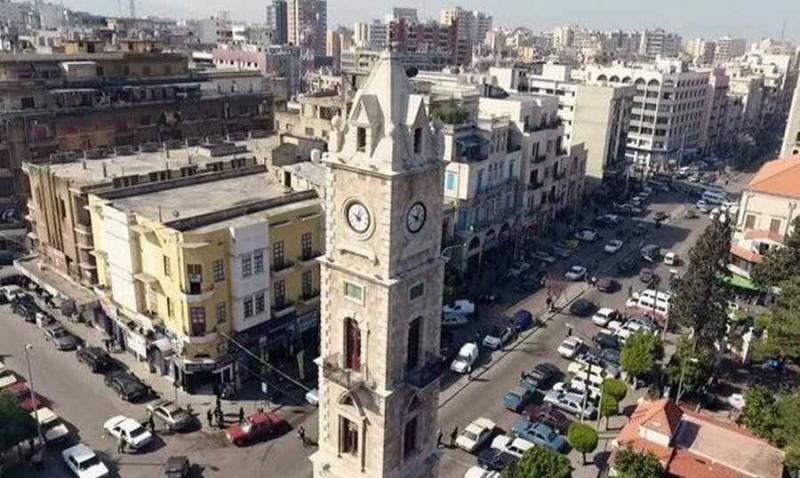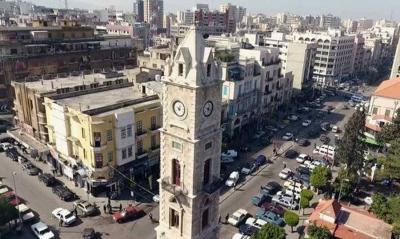In the north, the phenomenon of MPs protecting wanted individuals has noticeably increased. In Tripoli, incidents have been recorded where an MP sheltered a person wanted for murder for over ten days, then asked a local armed group leader to relocate them to another place. This was not an isolated incident for this seasoned MP, according to "Nidaa Al-Watan."
No one knows the true benefit for an MP in sheltering a criminal wanted for murder, and what such an act might yield in terms of popular, political, or moral gain. Is it acceptable to seek popularity through such behavior? Do these MPs realize that they are literally encouraging murder, in addition to violating the rights of the oppressed and disregarding the law?
A second MP in the northern capital has dedicated around ten offices to shelter wanted individuals at various levels, with a wide array of fugitives from justice protected by parliamentary immunity.
No day goes by in the popular areas controlled by MPs and political forces without ongoing shooting incidents that often result in death or injury. Injured individuals and their families flood to the public hospital in Al-Qubba and the Islamic charitable hospital. These crimes often give rise to further retaliatory crimes without any apparent real impact from the state's security and judiciary, and sometimes even basic formalities are absent.
A third MP in the Minieh-Danniyeh district quickly sheltered a killer in his area for over ten days and then initiated security and judicial communications to surrender the wanted person while being in a heightened state of alert to keep them under his political protection, so as not to be captured by his rival, who has a significant influence in elections.
A fourth MP from the same district also adopts the theory of protecting wanted individuals to secure reconciliations, which practically undermines the essence of law and justice by giving the perpetrator an advantage over the victim and their family. Delayed justice becomes a weakness for rights, especially given the ongoing disruptions in the judiciary, persistent strikes, and the lack of many tools for judges, in addition to the continuous crisis facing internal security forces, which limits and weakens their law enforcement capacity. All of this results in the strengthening of elements of chaos and disorder, further spreading a criminal logic in society.
A fifth MP from Akkar carries files of wanted individuals en masse and builds his presence and movement on the novelty of reconciliations, to such an extent that it can be said he politically profits from it while solidifying his electoral bases. He continues in this practice like a bulldozer that disregards all logic and law, and his behavior damages the social fabric in Akkar, as he acts as though there is no longer a state and that he can resolve issues instead of the state and the law.
According to "Nidaa Al-Watan," the criterion for maintaining social stability through enforcing the law has shifted to manipulating the law in favor of the law of the jungle, fostering chaos and moving within it.
The most dangerous aspect of this path is that these MPs act as if they are doing good and contributing to curbing bloodshed by supposedly preventing revenge, yet some assumptions carry guilt. What occurs later in the judiciary leads to the dominance of the strong over the weak, with electoral and political interests taking precedence over law and justice. This behavior also undermines the ethical, social, and religious values that still hold sway over people.
These MPs have forgotten that they are members of the highest body of state that elects the president and grants legitimacy to the government. However, in this time of great decline, it seems that the fabric of politicians in the country has become torn and tattered. Mercy for the victims and shame on those who protect the killers.




